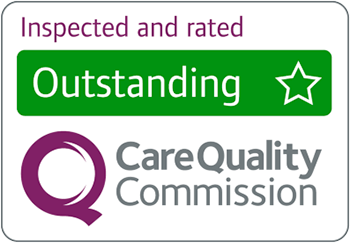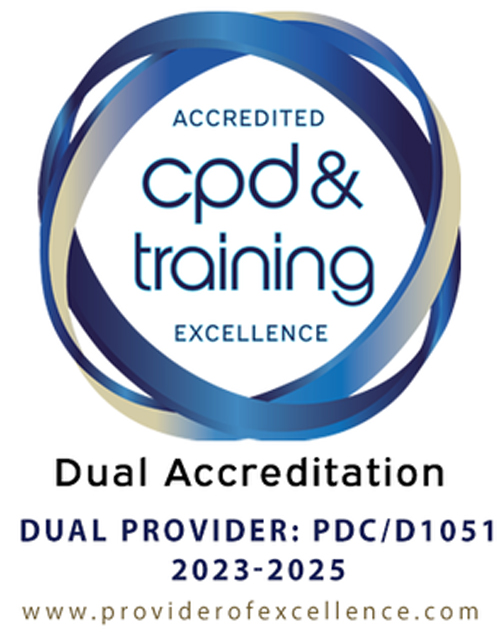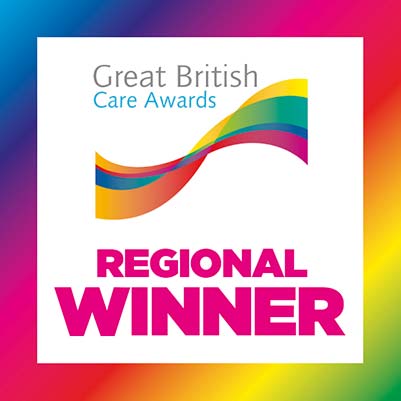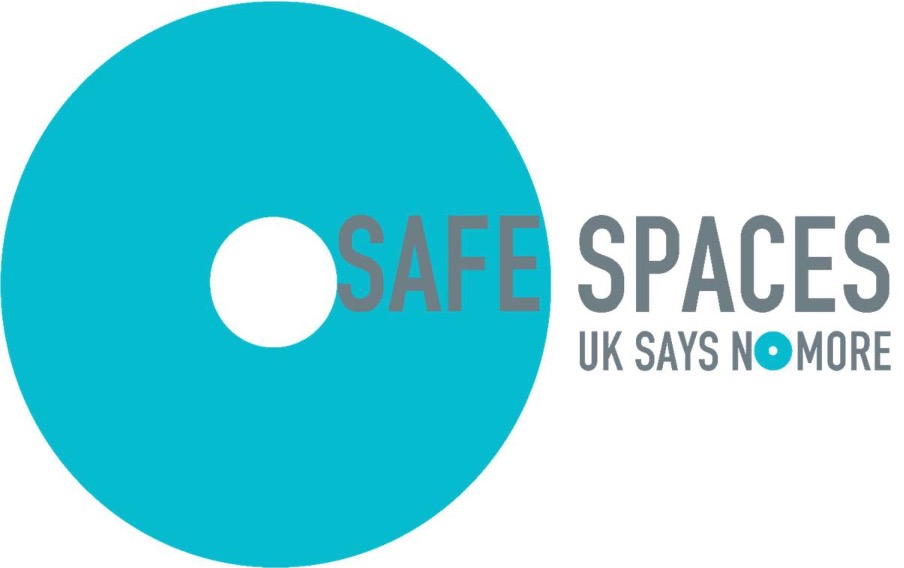Increased risk of falling as you age
Fall prevention knowledge is vitally important. The older you get, the higher the risk of falling becomes, particularly for people with long term health conditions. Having a fall carries the significant risk of hip fracture which for many people is a life-changing injury.
The main causes of falls are:
- General condition
- Medication causing dizziness
- Fading eyesight
- Decrease in muscle strength
- Poorly fitting footwear
- Uneven surfaces
The biggest risk factor for falls is having had a fall previously, but the fear of falling, even if there have been no previous falls can also be a risk factor in itself.
Suffering a fall causes:
- Fear of falling again
- Avoidance of activity
- Decreased strength and balance
- Increased risk of falling
At Christies Care, we employ the Care to Move approach to encourage you to move more and empower you to make decisions to move as part of everyday living to help you age well and reduce the risk of falls.
Having personalised care support from a Christies Carer means having the sole focus of a carer, who can spend time focusing on mobility and independence as part of the support they provide.
FALL PREVENTION TIPS

Stay active
Strengthening your body with regular exercise will improve your flexibility, balance and coordination giving you more confidence so you can continue to live an active life. It can help control your weight and may also help reduce pain from joint stiffness.

Eat well and stay hydrated
It is important that your body has enough energy and water to keep your body functioning well and so that you have the strength to move around safely.

Review your medication
Speak to your GP in case you are taking any medications which may cause tiredness or dizziness or other side effects which could contribute to your chances of falling.
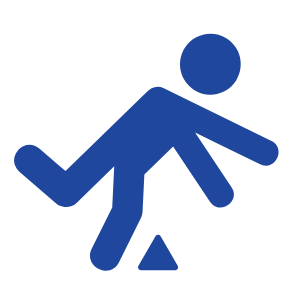
Remove potential trip hazards at home
Replace or repair anything that presents a potential risk of falling such as damaged or uneven flooring including stairs, tiles, carpet and rugs. Use non-slip mats and rugs, make sure all rooms, passages and staircases are well lit and removing clutter and trailing wire
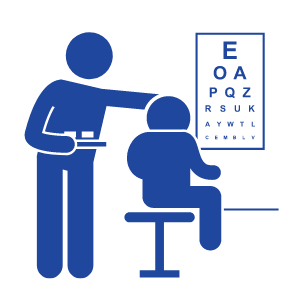
Have your eyes and ears tested
Ensuring your vision and balance are not affecting your chances of a fall.

Arrange an occupational health review
Your GP can arrange for you to receive an occupational health assessment to review whether modifications can be put in place in your home to help improve your day-to-day tasks such as personal care, shopping and cooking and moving in the home.

Wear Appropriate Footwear
Wear well-fitting shoes that are in good condition and support the ankle. Avoid walking on slippery floors in socks or tights and take care of your feet by trimming your toenails regularly and seeing a GP or podiatrist (foot health professional) about any foot problems.
At Christies Care, we employ the Care to Move approach to encourage you to move more and empower you to make decisions to move as part of everyday living to help you age well and reduce the risk of falls.
By encouraging regular movement, your Christies Carer can help you achieve your goals more quickly, whether it’s being able to wash independently, make a cup of tea for yourself or a walk to your local shop – your carer will work with you to help you get to where you want to be.
Research by the Live-in Care Hub has found that people living in care homes are almost twice as likely to suffer from a fall than those who receive care in their own home.
The benefits of personalised care support
Having care at home with a Christies Carer means having the sole focus of a carer, who can spend time focusing on mobility and independence as part of the support they provide by to ensure that your home is a safe environment and will help keep you healthy and active to minimise the likelihood of a fall.
If you have already experienced a fall, your carer will work with other healthcare teams to support rehabilitation programmes, including physical therapists, district nurses and hospital discharge teams to help provide continuity, reassurance and peace of mind for families.
By encouraging regular movement, your Christies Carer can help you achieve your goals more quickly, whether it’s being able to wash independently, make a cup of tea for yourself or a walk to your local shop – your carer will work with you to help you get to where you want to be.
Download our easy to use Care to Move guide for useful advice to keep you moving as well as fall prevention solutions.
